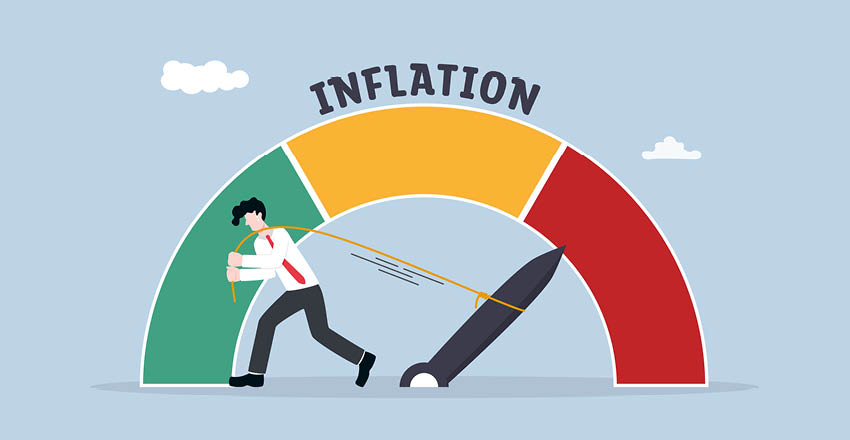
One Million Disconnect: Rising Broadband Costs and the Struggle for Affordable Access
According to a recent study by Citizens Advice, approximately one million people have cancelled their broadband subscriptions in the last year due to increasing living costs. For individuals experiencing financial struggles, more affordable options such as social tariffs or specially priced packages could have provided some relief. Despite this, Ofcom recently raised a concern that approximately 4.3 million people who are eligible for such plans are not availing of them.
In an attempt to promote the uptake of social tariffs, the government has been working alongside Ofcom and the industry to introduce an array of affordable plans to the market. Claiming to cover 99% of the UK, these plans, starting at £10 per month, are supplemented by an eligibility checker for broadband that simplifies the process for benefit claimants. Notable providers, including Sky and Virgin Media, are reportedly on board with this initiative.
Yet, the adoption rate of these social tariffs remains strikingly low, with merely around 5% of eligible individuals capitalizing on these schemes. Despite a fourfold increase since January of the previous year, Citizens Advice’s survey of 6,000 people indicates that those on Universal Credit are six times more likely to have discontinued their broadband subscriptions in the past year when compared to non-claimants. There are concerns that this could escalate, given that benefit claimants are four times more likely to fall behind on their broadband payments.
According to Ofcom, one in three UK households grapple to afford communication services. In response to this alarming statistic, the watchdog is urging companies to make a greater effort in promoting social tariffs. Dame Clare Moriarty, Chief Executive of Citizens Advice, emphasizes the urgent need for Ofcom to keep firms in check to increase adoption rates. She insists that the rate at which people are being excluded from internet access due to cost is disturbing, and the current industry approach to providing and promoting social tariffs is lacking.
The vital role of internet access in everyday life cannot be overstated, with those unable to afford it facing difficulties in managing benefits, job hunting online, and accessing lower-priced online options, thereby amplifying their financial strain. The government counters that jobcentre staff regularly supply information on social tariffs, and computers at local Jobcentres can be used for job searches.
Citizens Advice narrates the case of Rob, a 63-year-old who has been without home internet access since around 2012. Rob underscores the impediments he encounters without home internet access, such as extended time to complete job applications due to restricted library hours and limited access to services like medical care, online assistance, and online shopping.
Despite government efforts to aid those struggling with broadband affordability, campaign groups like the Digital Poverty Alliance echo Citizens Advice’s concerns. They argue that even though social tariff uptake is gradually improving, it still falls far short of the level necessary to ensure digital inclusion for all households. For households experiencing severe poverty, even a reasonably priced social tariff may be insufficient to bridge the connectivity gap.


